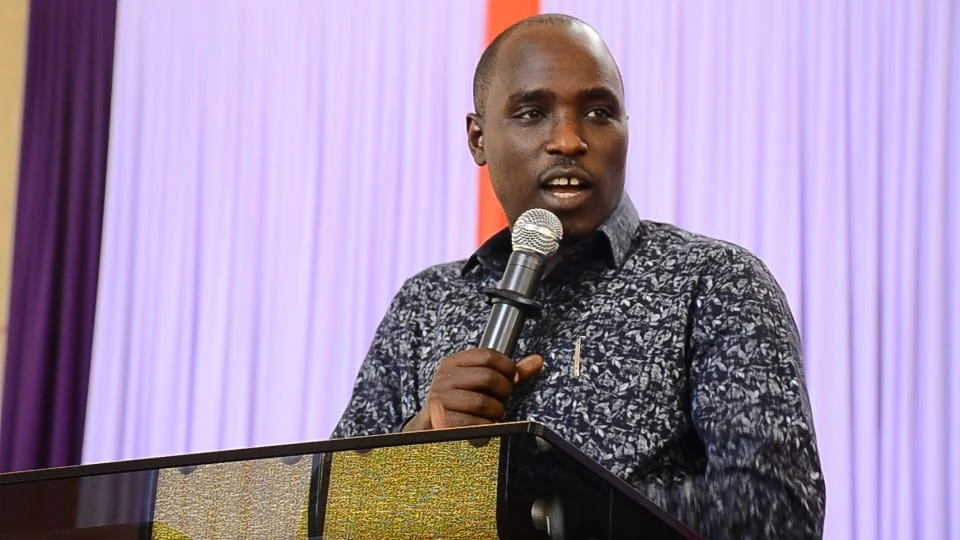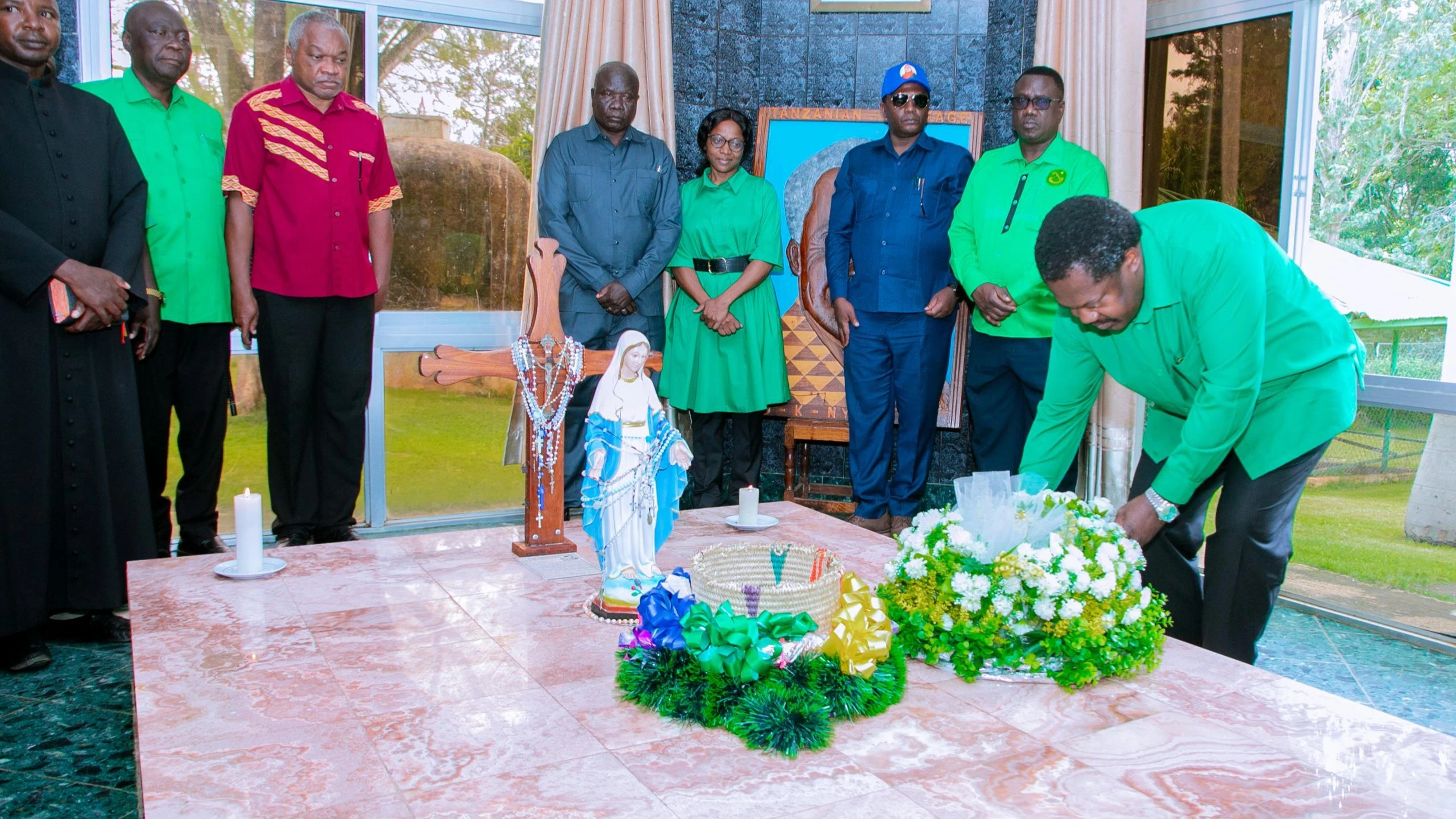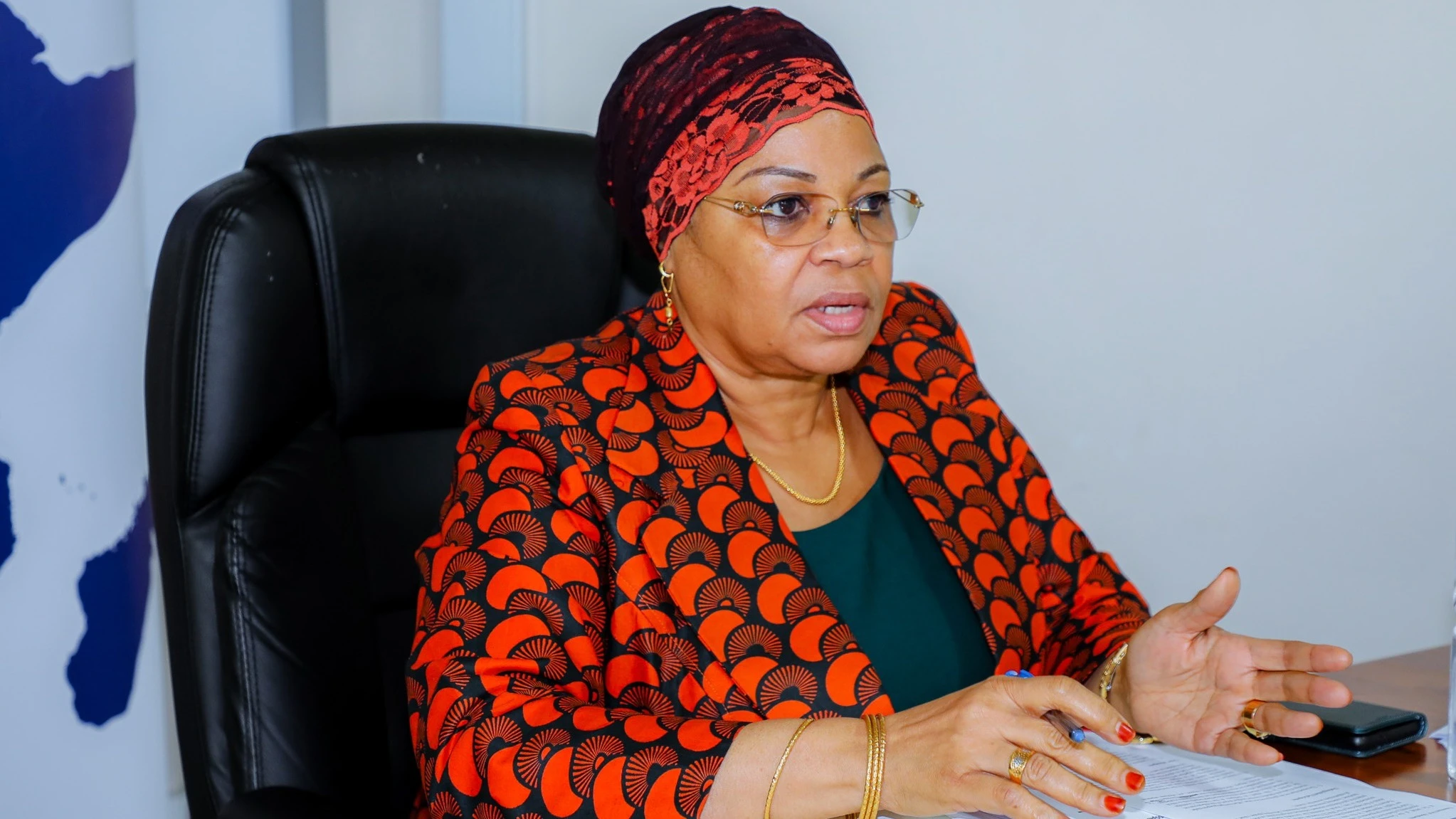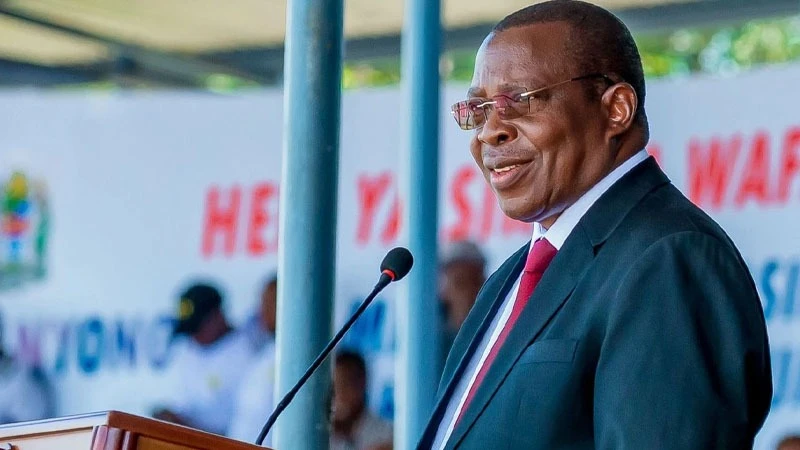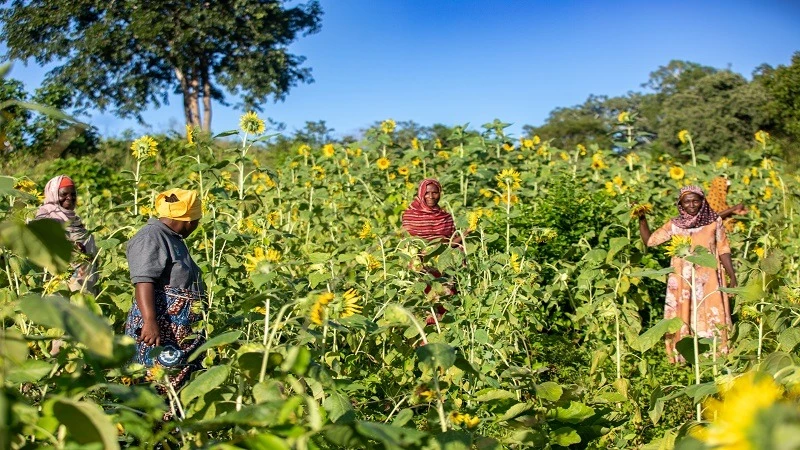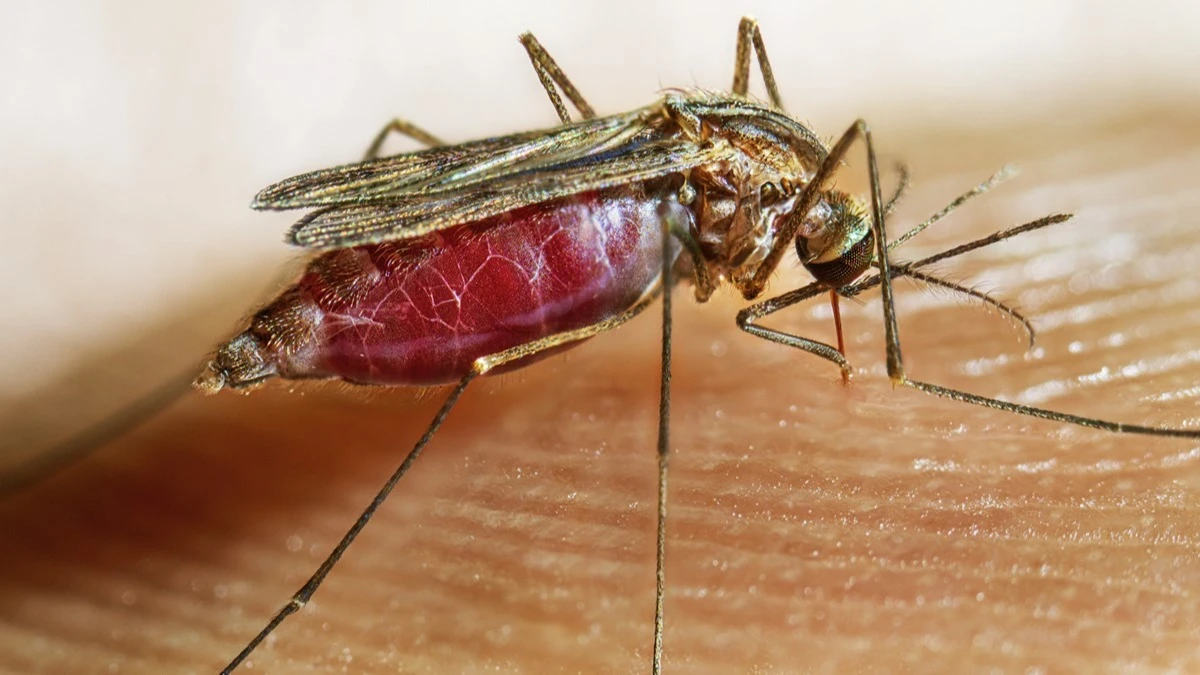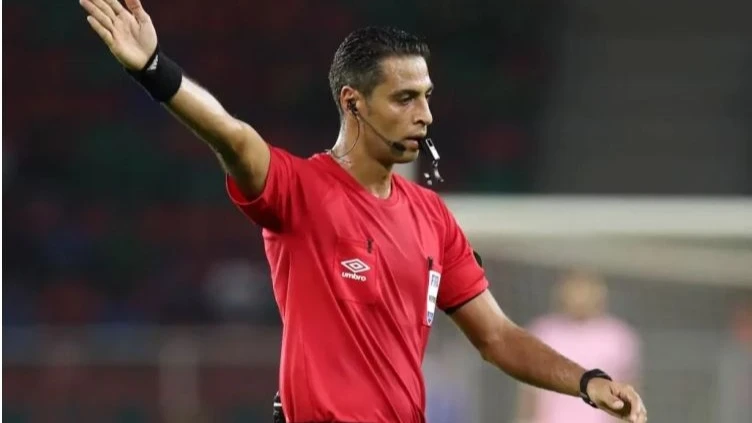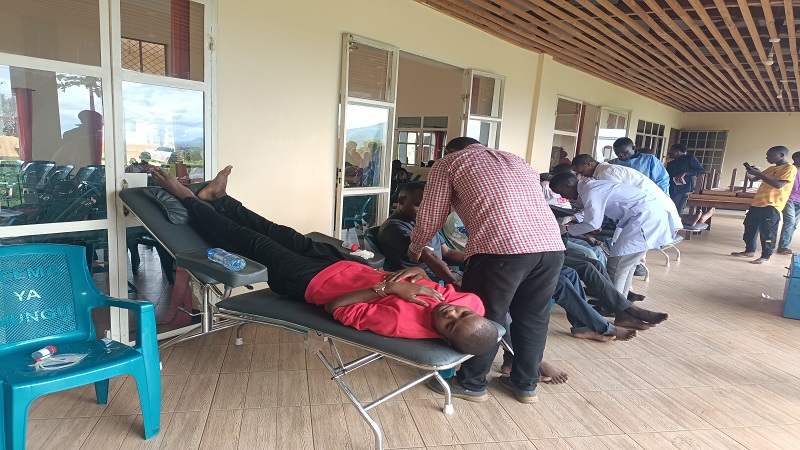Africa well equipped to beat malaria, but…
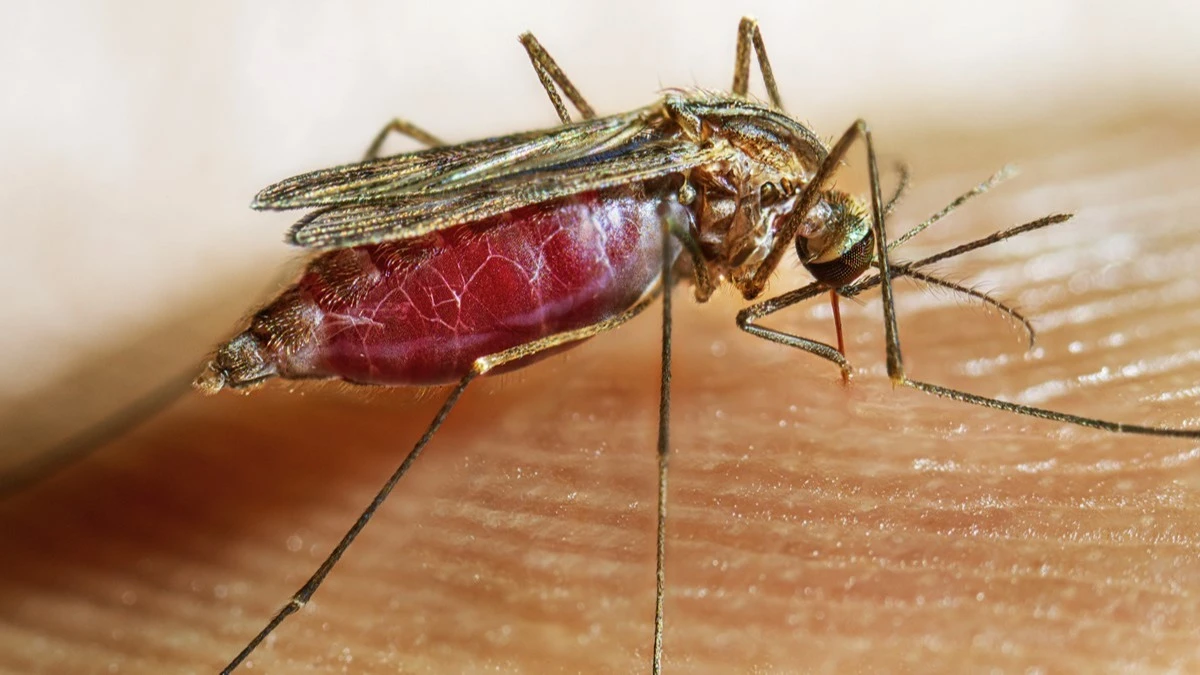
OUR leadership is being tested anew, not by moments of triumph but by the urgent challenge of protecting our people.
Malaria remains one of Africa’s greatest threats to health, prosperity and the future of our children. We must act, and we must act now.
Today, malaria claims over half a million African lives each year, the vast majority being children under five. Over 95 per cent of all malaria deaths occur on our continent.
We are dangerously off track to meet the African Union’s target to eliminate malaria by 2030, with cases rising once again.
This crisis is worsened by funding cuts from key donors. In 2023, reductions in US foreign aid, historically a cornerstone of malaria elimination through the President’s Malaria Initiative and the Global Fund, have disrupted programmes, causing dangerous stockouts of essential malaria commodities.
Without urgent course correction, Africa could face 112 million additional malaria cases and up to 280,000 more deaths over the 2027-2029 period. A low Global Fund replenishment could make the situation even graver.
Yet malaria punishes hesitation. Without steady leadership and investment, the gains we have fought so hard to achieve will quickly erode.
Tanzania and Botswana demonstrate what national leadership can achieve. Tanzania has expanded community-level interventions, integrated malaria services into primary health care and ensured timely access to treatment.
Botswana, now nearing elimination, has maintained robust surveillance and rapid response strategies. These examples show that progress is possible even amid growing threats.
Today, a perfect storm threatens our continent’s malaria fight: climate change expanding transmission zones, rising insecticide and drug resistance, funding gaps and humanitarian crises disrupting health services.
Africa needs an additional US$5.2 billion annually to fully implement national malaria eradication strategies. Without it, we risk a reversal that would undo decades of progress.
But there is hope. Countries are deploying new tools, including dual-insecticide nets, seasonal chemoprevention and the rollout of malaria vaccines.
Community health workers, often the first line of defence, are saving lives daily. Strengthening their support and integrating malaria into broader health services including antenatal care and school programmes is vital.
Eliminating malaria will not happen through incremental steps. It requires a bold, urgent and coordinated push across all sectors of society –health, finance, education, the environment and beyond.
Governments must prioritise malaria in national budgets and mobilise domestic private sector resources. Innovation must be made accessible swiftly, cutting procurement delays and fast-tracking approvals for lifesaving tools.
The African Leaders Malaria Alliance (ALMA), created under the leadership of former Tanzanian president Jakaya Mrisho Kikwete and proudly hosted in Tanzania, stands as a symbol of African solidarity and action.
Through scorecard tools, youth mobilisation and local resource generation, ALMA is helping African nations turn political will into real-world impact. But this work must be scaled.
Africa has never been better equipped to defeat malaria. We have the tools, the knowledge and the frameworks. What we need now is unwavering leadership, united action, and the courage to complete what we started.
The next chapter in Africa’s history will be defined by the choices we make today. Let us choose action over hesitation, unity over division – and victory over malaria.
• This is a joint World Malaria Day commemorative piece penned by the Heads of State and Government of Tanzania and Botswana in marking World Malaria Day 2025 – April 25. This year’s theme for the Day is “Malaria Ends With Us: Reinvest, Reimagine, Reignite” – which underlines the importance of shared responsibility and calls for renewed efforts in the fight against the deadly disease.
By Samia Suluhu Hassan and Duma Gideon Boko
Top Headlines
© 2025 IPPMEDIA.COM. ALL RIGHTS RESERVED











